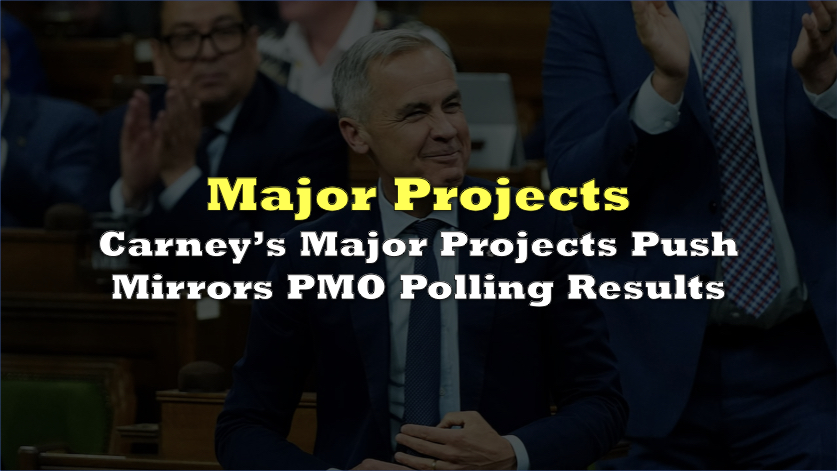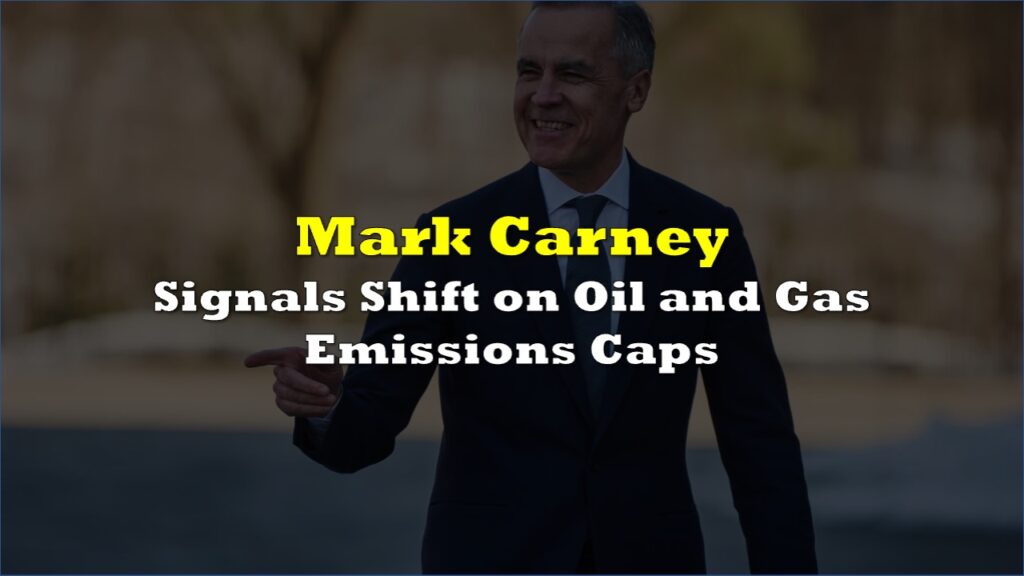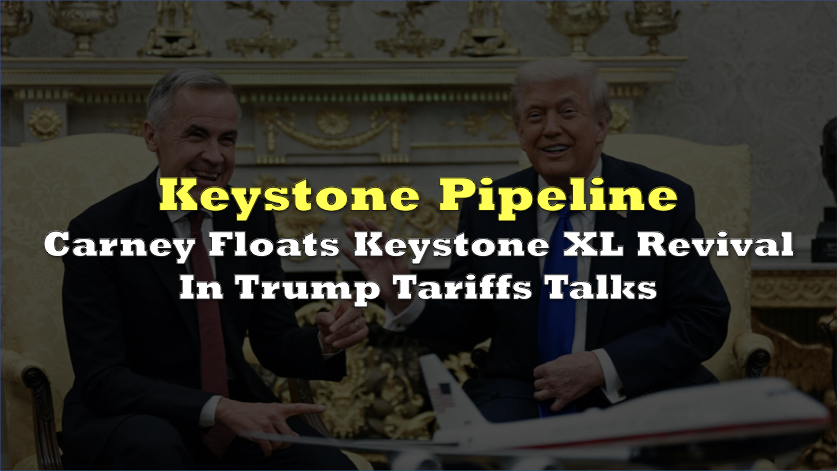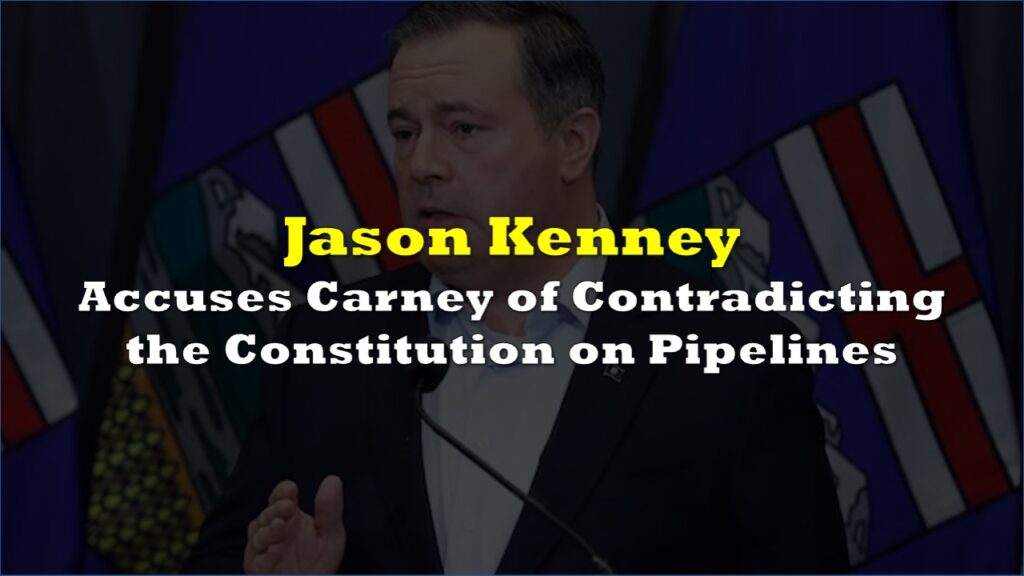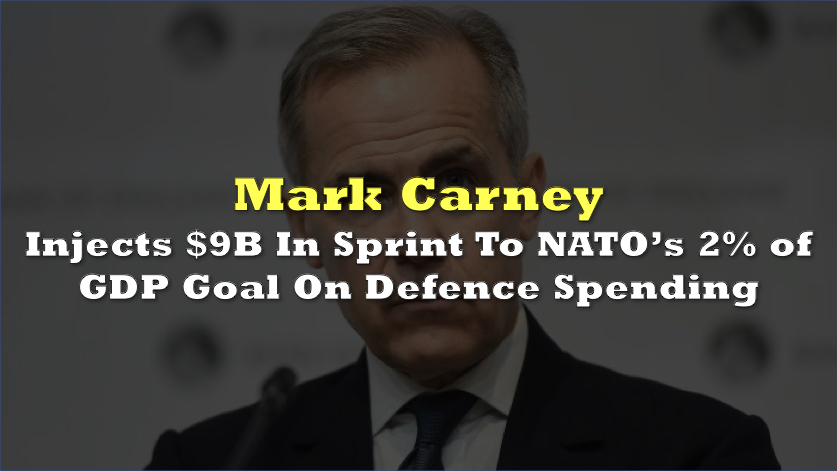The Carney government’s major projects push is being tuned by polling-tested messaging, with internal surveys in late May and June showing broad public backing the government can market.
Internal PMO polling shows Canadians overwhelmingly back large infrastructure—led by hydroelectric projects at 88.4% support.
Support is similarly high for highways (81.9%), long-distance transmission lines (79.4%), and port expansion (78.0%). Backing for increased mining of critical minerals sits at 74.8%—all ready-made nation-building talking points.
Majority support also extends to politically contested files: new or expanded oil pipelines (70.3%), offshore wind installation (69.9%), and high-speed rail (69.7%).
Regionally, oil pipelines draw 80.7% support in Alberta and 77.0% in Manitoba/Saskatchewan, while Quebec registers a thinner majority at 59.2%. Support is majority also for an Alberta/Saskatchewan-to-eastern-Canada pipeline: Alberta (89%), Saskatchewan (90%), Ontario (82%), Atlantic (80%), and Quebec (58%).
Trailing the pack is nuclear energy facilities (58.8%) and carbon capture (57.3%). Quebec is the national outlier on support for nuclear at 31.9% versus 60%-70% in other regions.
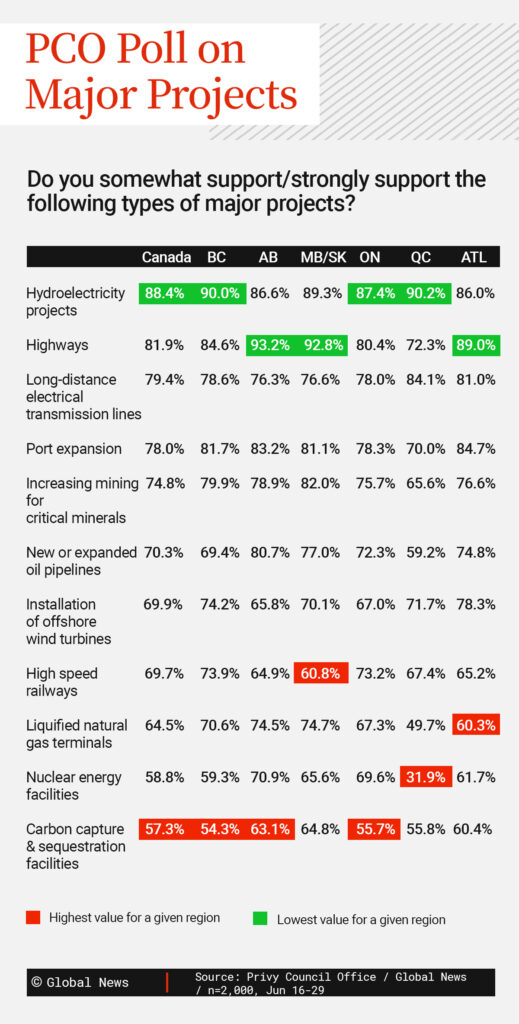
Process perceptions also cue the communications plan. On environmental-assessment strictness, 35% say “about right,” 23% “too strict,” 21% “not strict enough,” but 47% call reviews “too slow.” Ottawa responded by launching a Major Projects Office last week to speed assessments—without materially changing the rules—aligning action with where voters feel the pain.
Method matters because message leads. The PCO polls use weekly live-agent phone surveys of 1,000 Canadians (landline and mobile), supervised by the PMO, circulated to the prime minister, cabinet, and deputies. By law, they exclude vote-intention but routinely inform policy choices.
And the core value proposition sells easily: in the June 23–29 wave, 61% backed their preferred projects because resource development would make Canada more economically independent from the US.
The Privy Council Office’s weekly phone polling—1,000 Canadians per wave—ran the major-projects battery in late June, supervised by the PMO. By law, these surveys exclude vote-intention questions but are circulated to the prime minister, cabinet, and deputies and often inform policy choices.
Information for this story was found via Global News and the sources and companies mentioned. The author has no securities or affiliations related to the organizations discussed. Not a recommendation to buy or sell. Always do additional research and consult a professional before purchasing a security. The author holds no licenses.

